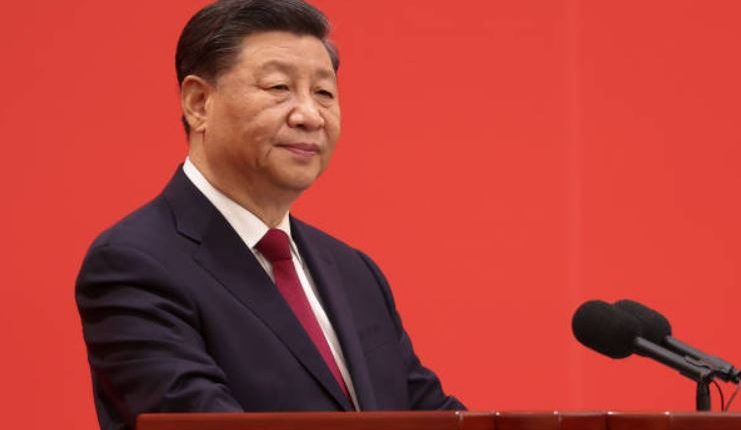
Xi Jinping’s relentless anti-corruption crusade has transcended its initial objectives, becoming an enduring feature of China’s political landscape.
As it penetrates high-level banking institutions and elite military echelons, speculation arises about its termination. However, the prevailing consensus suggests that its conclusion remains elusive.
The Battle Against Corruption
The anti-corruption campaign has evolved into a cornerstone of Xi’s governance paradigm, wielding immense political influence.
Despite criticisms likening Xi to a Stalinist figure purging adversaries indiscriminately, scholars such as Andrew Wedeman from Georgia State University underscore the campaign’s underlying rationale.
The pervasive corruption within China’s power structures legitimizes Xi’s fears and serves as a catalyst for political consolidation.
Unlike preceding eras which relied on ideological fervor or economic prosperity to mitigate corruption, Xi Jinping’s approach harks back to Maoist principles, emphasizing Party loyalty as the antidote.
Consequently, Party-sanctioned investigations, cloaked in ambiguity, facilitate the removal of dissenters, perpetuating a climate of fear and uncertainty.
Central to the campaign’s efficacy is the Party’s omnipresent control over all facets of Chinese society. Whether in finance, academia, or the military, Party membership entails vulnerability to disciplinary measures, often resulting in abrupt disappearances and opaque legal proceedings.
Moreover, the campaign’s unintended consequences emerge, stifling innovation and fostering a culture of complacency.
The phenomenon of “lying flat,” epitomized by disillusioned youth and disillusioned officials, reflects a populace disillusioned with the pursuit of excellence amidst pervasive surveillance and fear of reprisal.
Read more: USGS Alert: 5.7 Magnitude Earthquake Occurs South Of Hawaii’s Big Island
Xi Jinping Anti-Corruption Campaign

Despite its widespread reach, the campaign’s myopic focus on individual culpability neglects systemic reforms essential for long-term efficacy.
Unlike nations bolstering independent oversight bodies and promoting transparency, China’s reliance on internal policing perpetuates a cycle of perpetual purges without addressing root causes.
Furthermore, concerns regarding sycophantic behavior among officials echo fears of an echo chamber around Xi, stifling dissent and critical discourse. The insularity of Xi’s inner circle, coupled with an aversion to contrarian voices, risks policy missteps and economic stagnation.
As the campaign ensnares millions and erodes public trust, its efficacy wanes, fueling cynicism and disillusionment. Wedeman’s analogy of a futile tiger hunt underscores the campaign’s inability to eradicate corruption conclusively.
Xi Jinping’s anti-corruption crusade, while ostensibly targeting malfeasance, embodies broader political objectives aimed at consolidating power.
However, its enduring nature, coupled with systemic deficiencies and unintended consequences, underscores the inherent limitations of top-down governance.
Unless accompanied by substantive reforms and a reevaluation of governance paradigms, the campaign risks perpetuating a cycle of repression and stagnation, undermining China’s long-term stability and prosperity.
Read more: The Battle For George Santos’ Seat In New York Escalates

